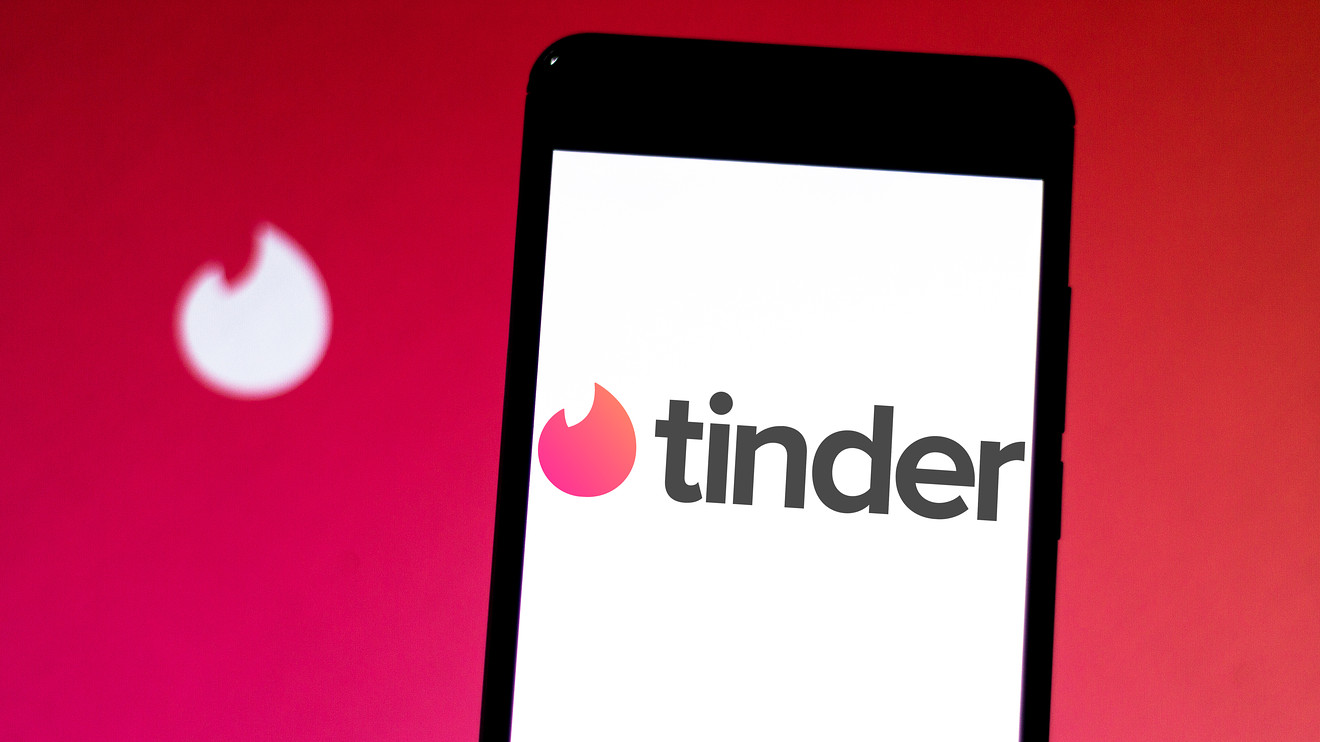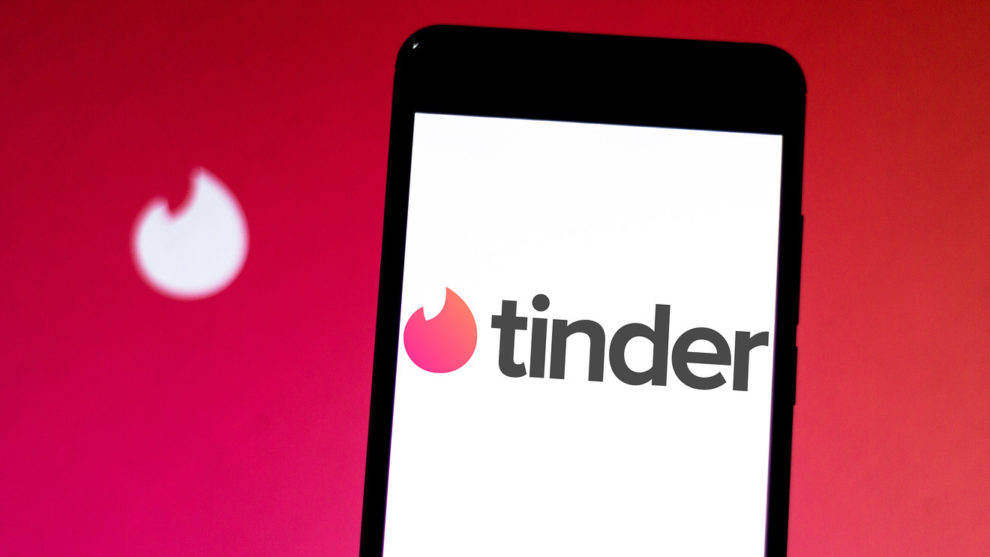
As COVID-19 has spread across the globe, online daters are having longer conversations and adopting an option that has previously not been popular: video dates.
Match Group Inc. MTCH, -8.11% and rival Bumble are seeing a boost in the number of messages exchanged between daters on their platforms as well as a growing interest in built-in tools that allow users to hold video calls without exchanging contact information. Match Group owns a variety of dating properties including Tinder, Hinge and Match.com, while Bumble is known for its namesake service launched by a Tinder co-founder.
For Match, the rush of stay-at-home orders brought on by the novel coronavirus outbreak has prompted a change in strategy, according to a Tuesday filing and letter from the company’s new chief executive. While the length of Tinder users’ conversations has increased by 10% to 30% since the virus began impacting the dating landscape, Match services have been struggling to attract new users (especially those older than 30) and paying subscribers in countries hit hard by infections.
The company has responded with a quick “pivot” as it tries to add video capabilities to more of its services. Users across the Match properties seem to be coming around to the feature after showing some skepticism in the past.
Chief Executive Shar Dubey said Match had begun rolling out video chat on two services, Plenty of Fish and Twoo, and that usage had “exceeded our expectations.” The company now plans to roll out one-on-one video-chat services on its namesake Match.com service in early April.
“As nearly every aspect of our lives is now conducted via video, singles are also becoming increasingly comfortable with video dates, and we are integrating video chat into our apps,” she wrote. “We have offered video chat features in the past and seen low usage, but we think this time user behavior is likely to change more permanently.”
Dubey pointed to subscriber declines of about 5% in Europe since the start of the crisis, though the impact has been more pronounced in countries that have been hit harder by the outbreak, like Spain and Italy.
“In the U.S., the impact also depends on the level of cases in the region and varies by brand,” she wrote. “For example, Tinder in New York state has seen low double-digit declines in new subscribers since the outbreak accelerated, but much of the rest of the country has held up much better.”
See also: This is why loneliness and dating apps are such a bad match
Match did not mention any plans for video on Tinder, its mobile-focused dating app. A spokeswoman said that the company had nothing to add beyond the letter.
Bumble, a chief rival to Tinder, has video and voice integration inside its app and the company has seen increased usage of these features during the COVID-19 outbreak. Engagement with these services is up 21%, a company spokesperson said, with the average video or voice call lasting about 15 minutes.
The company has also witnessed a 21% bump in the number of regular messages sent via its platform and, as with the Match properties, Bumble users appear to be chatting for longer with their matches.
“We’re experiencing a major lifestyle change at the moment and we’re focused on helping our users shift the dating app experience to an in-app dating experience,” the spokeswoman said in an email.
The company didn’t share information about user or subscriber growth on its service, though as a private company, Bumble is not required to disclose potentially material changes in its business like Match. Match’s commentary on subscriber trends is noteworthy because growth in paying Tinder members is one of the key drivers of Match stock.
Match did not mention if it plans to charge for any video-chat offerings as part of subscription services like Tinder Gold, which have powered much of its gains in recent years. Earlier this month, JP Morgan analyst Doug Anmuth cut his target for Match’s 2020 revenue by 15% because he expected to see “less social interaction likely weighing on dating subscriptions, which are largely month-to-month & easy to turn on and off.”
Jefferies analysts raised their price target after the news Tuesday evening, because Dubey said that Match’s first-quarter results would likely come in at the low end of the company’s guidance range, which called for sales of $545 million to $555 million. The analysts wrote that performance was better than feared, and the letter suggested Match “was likely on pace to exceed 1Q expectations prior to the COVID dynamic.”
“No recession in love,” they wrote, while bumping the target to $74 from $65.
Read: More people meet online than through friends or family or work
The Match letter also noted that the company’s divorce from parent company IAC/Interactive Corp. IAC, -6.77% is on track to be completed in the second quarter, but the pandemic could impact that as well.
Match stock declined 19.6% in the first quarter of 2020 as the novel coronavirus spread across the globe, roughly in line with an 18.7% decline for the S&P 500 index SPX, -4.65%. Shares were off about 7% in Wednesday’s session. No analysts tracked by FactSet suggest selling the stock, with 10 rating it a buy and eight rating the shares as a hold.
div > iframe { width: 100% !important; min-width: 300px; max-width: 800px; } ]]>











Add Comment